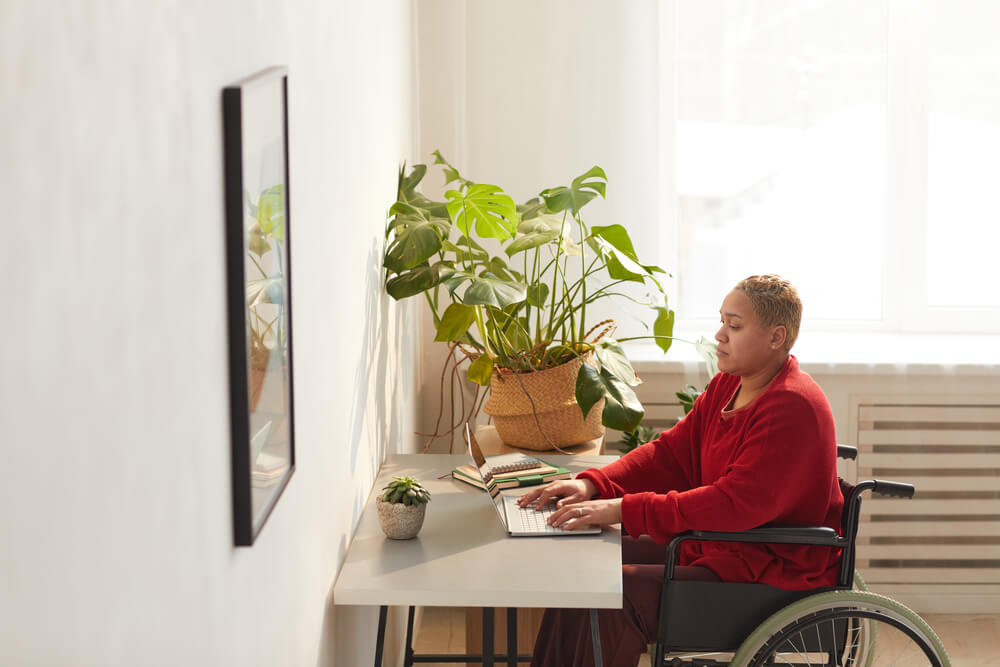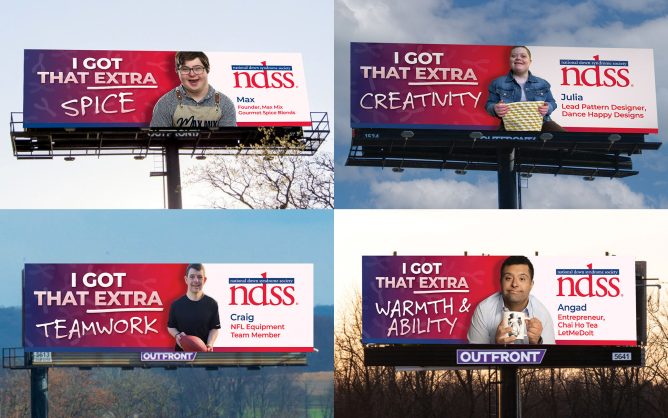People with disabilities often are underrepresented and underutilized in the workplace. They tend to experience higher rates of unemployment than the general population, even though many people with disabilities are able and eager to work. One solution for people with disabilities who are struggling to find the right job or the right work environment is to start a business.
By starting a small business, someone with a disability has the chance to generate their own income without the limitations and possible discriminatory decisions of a traditional job. The great thing is that with all of the powerful online small business tools that are available today, physical disabilities are less important than ever before in determining your productivity and profitability as a business owner. As long as you have an energetic spirit, entrepreneurs with disabilities have the potential to be as successful as they want to be.
There are also some significant resources available for people with disabilities who want to start a business. Even if you have not been able to land a traditional job or are feeling excluded from the workforce, there are ways to get help to launch a successful business. Here are three tips and insights to help people with disabilities start a small business.
1. Consider a home-based business.
One of the biggest obstacles for people with disabilities is transportation and mobility barriers. Too many employers lack adequate accommodations for people with disabilities, so as a result, you might be better off trying to start a business out of your own home. Fortunately, there are a variety of ways to do this, and you can use online marketing to connect with customers.
For example, if you love to make crafts or jewelry or personal care products, you could start a home-based business and sell your wares on Etsy or Amazon, and promote your business on Facebook, Pinterest and Instagram. In fact, the founder of SHEA CHIC Boutique, a shea butter personal care products company, was inspired to start her business when she was recovering at home from a severe back injury and was unable to work at an office.
If you have online work skills, you can work as a home-based consultant. For example, you can work as a freelance writer, graphic designer or web developer. If you love to shop and have a knack for finding great deals on certain products, you could start a home-based Amazon retail business – and with Fulfillment By Amazon, you don’t even need to worry about storing or shipping your own inventory.
2. Look for special financing.
People with disabilities might qualify for special loans and grants for entrepreneurs with disabilities. Check out the list on the SBA website to see which programs you might be a good fit for, depending on the state where you live. But be sure to read the fine print – some loan programs are only intended for existing businesses. If you are starting a new business, you might need to find a special small business loan or grant program that includes start-ups as well as existing companies.
3. Get help online.

Disability.gov is a federal government website with a variety of resources and advice articles specifically for entrepreneurs with disabilities. This site can help you think through every stage of the process of starting your business – from writing a business plan to designing your business website to finding a business mentor.
Another source of help for small business owners – whether or not they have a disability – is SCORE. SCORE is a great program that connects small business owners with mentors who help them build their business, with hands-on advice and practical help every step of the way. You can access live webinars and online mentoring sessions no matter where you live. There are also local events and workshops in communities throughout the country, depending on which city you live in.
One of the great aspects of living in the 21st century with online technology is that having a disability no longer needs to hold people back from starting a business. Even if you have some mobility issues, health problems or other physical limitations that might have made it hard to be accepted in other workplaces, the sky’s the limit with what you can do by starting your own business. There are many organizations and programs dedicated to helping people with disabilities get the extra help or advice or funding that they might need to get their business launched. It’s still never “easy” to start a business, but it’s possible today, for more people than ever before.
Source: Americanexpress




